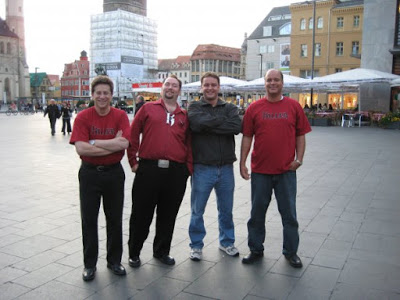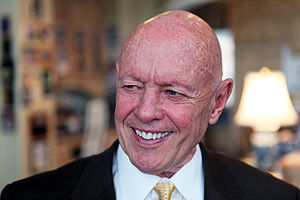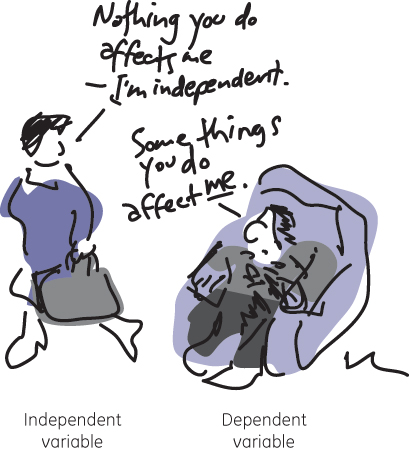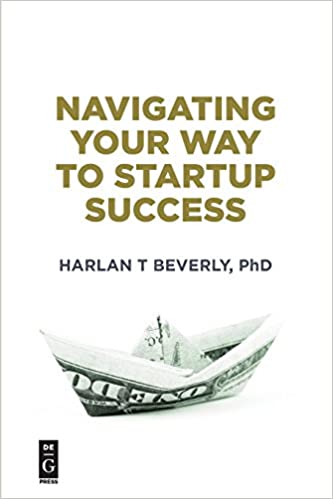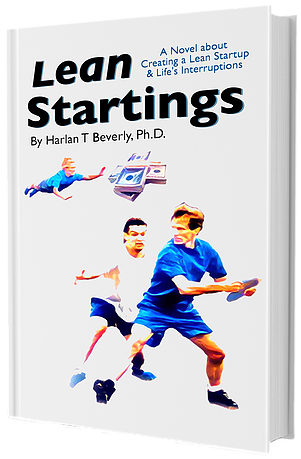What is empowerment? To empower is to give power to someone else, hence taking it away from yourself or someone else, and giving it to them. In the context of a job, it usually means giving ‘ownership’ of a task or project to someone and then stepping back. You will still have to do work, but you will only do work that the empowered one asks of you. There is plenty of research that shows the benefits to Morale, Productivity, and Results by empowering employees. In fact, I’ve written about this before in my green & clean post, but this article will give you 5 methods to empower employees, that maybe you never thought of before.
1. Be Explicit
You can’t empower someone without both letting that person know, they are in charge, and really also the entire organization. Here’s a great way to do it by email: “Hello everyone, just want everyone to know that I’m stepping away from Project X and putting XXX in charge. She/He’s empowered to take all actions necessary to get the job done within the approved budget.”
2. Set Boundaries
Empowerment can be daunting, especially when it’s used infrequently, for the first time, or with new employees. In these cases, it’s best to set boundaries! Set a budget, explain the goals very clearly, explain what all the resources available are, and be sure to include yourself in those available resources.
3. Help Prioritize
In any organization, there is usually a lot going on, so much so that many employees feel overwhelmed and not sure what to work on in any given moment. You can help by being clear with each individual what their priorities should be. If you have projects that just need “a little attention each day” set a specific amount of time you think would be appropriate. In general, set a clear priority to all work/tasks and try not to change it. Remember, something you are empowered to do, will naturally be a higher priority.
4. Be Supportive
Supporting means touching base and reminding the person who is empowered of their resources (including you). The more junior the empowered person, the more you should touch base.
5. Don’t Take it Back!
Yes, you should be measuring and tracking results, but when things aren’t going how you think they should, RESIST the temptation to jump in and take over. If you do, you’ve destroyed empowerment, and it’s hard to get it back. They’ll always know that you could jump in at any time, and start to expect it if they fail. You have to let them fail, if its going to fail. This is the hardest, why? Because you know you can do it, and probably better… but YOU MUST RESIST! Just offer support, help prioritize, and get out of the way. Long term, if there is a performance issue, you can address it later, for now, don’t break the empowerment you gave, or it will kill your credibility.
